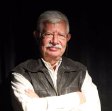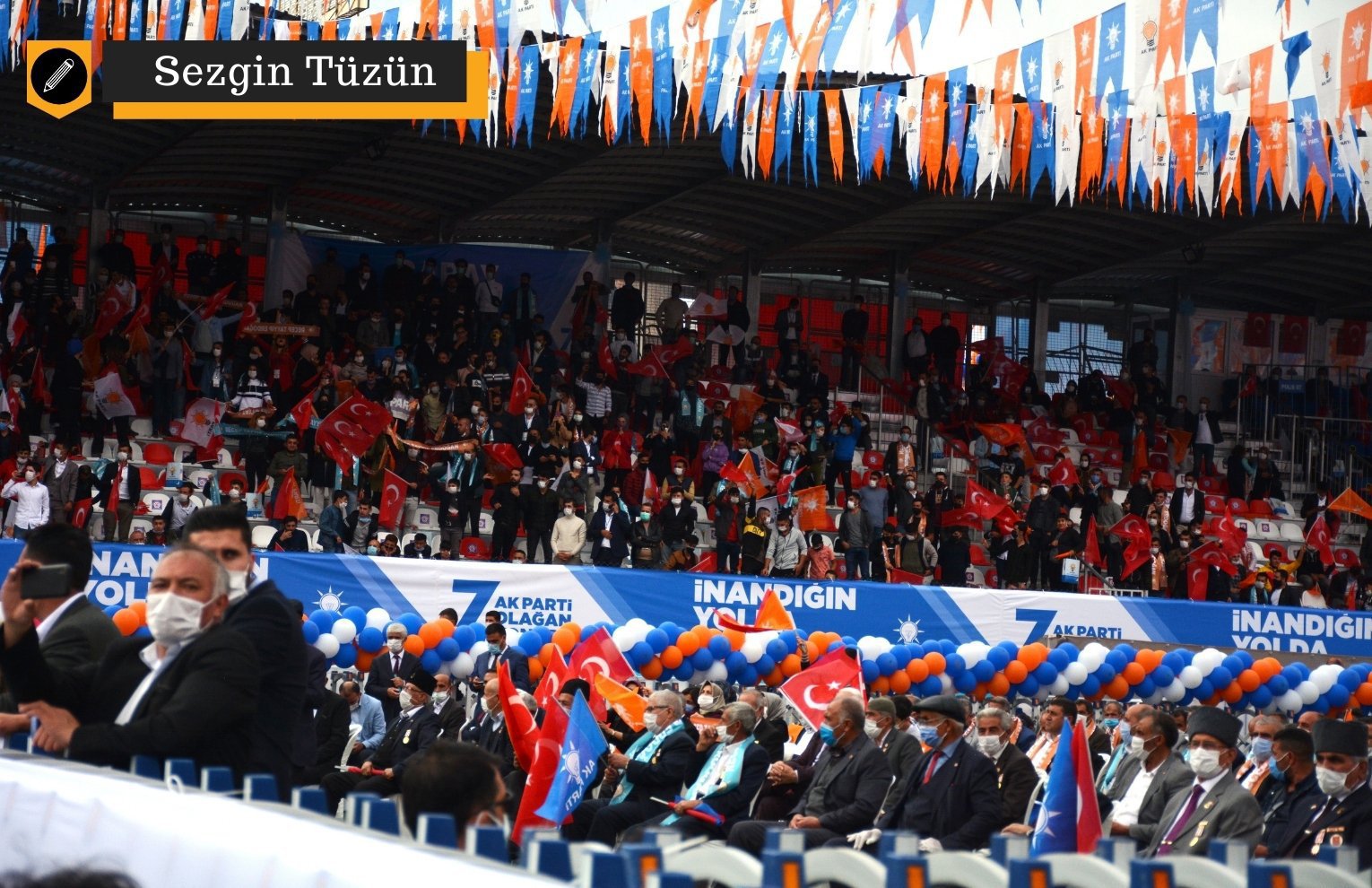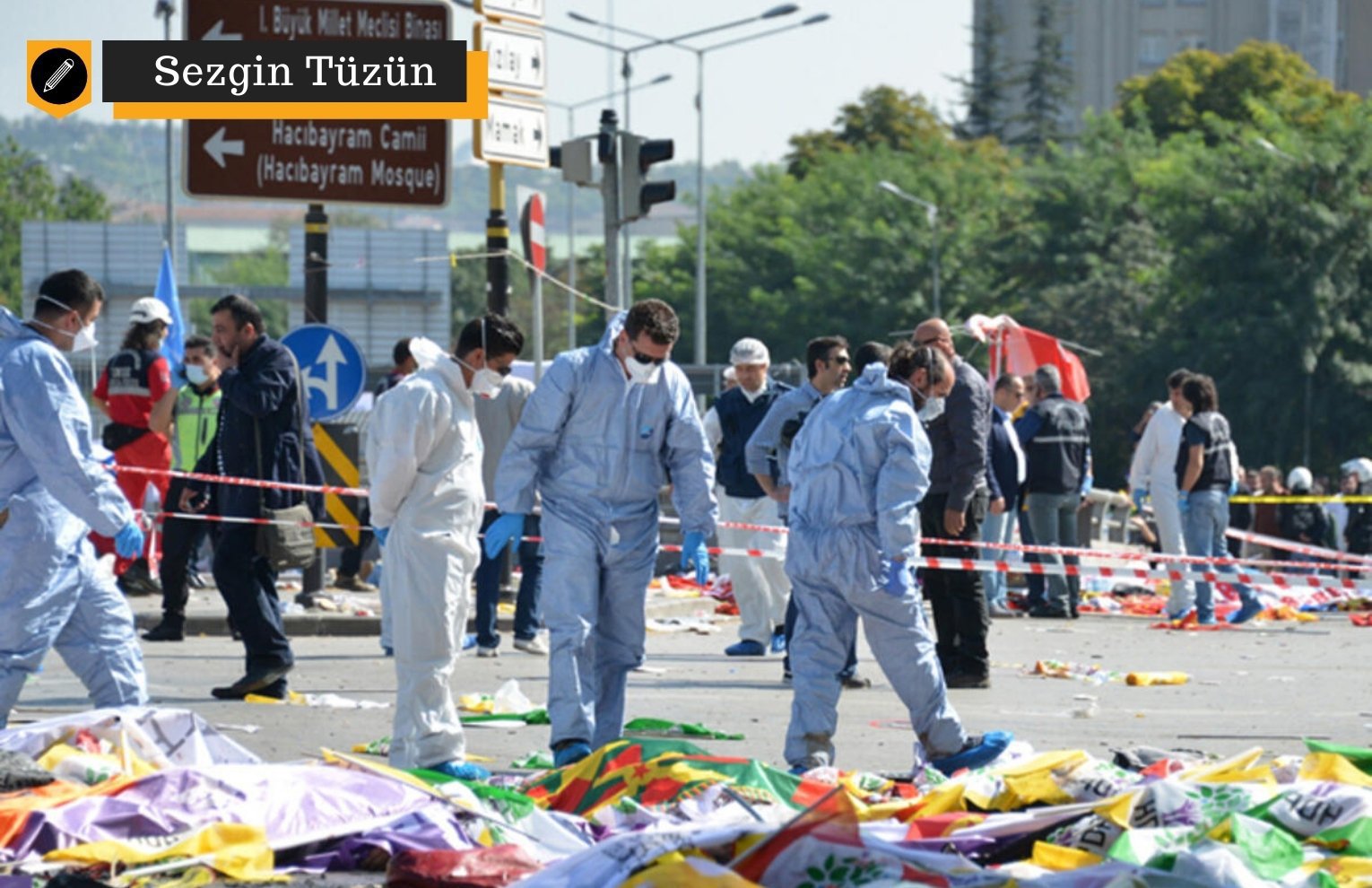Turgut Özal, Necmettin Erbakan and Recep Tayyip Erdoğan
Click to read the article in Turkish
Presentation Note: This article was designed as a 5-day series, remembering the metaphor of the boiling frog, and was written to help remember what we have experienced in the process of boiling the frog in the cauldron with a fire under it. Of course, the frog in the hot water can at any moment realize that it is being scalded and jump out of that cauldron and render the fire dysfunctional. The fact that this is possible should not be forgotten for those who throw wood into the fire under the cauldron or try to extinguish it.
On November 3, 2002, an early general parliamentary election was held at the request and imposition of the Nationalist Movement Party (MHP) Chair Devlet Bahçeli, one of the partners of the Democratic Left Party-MHP-Motherland Party (DSP-MHP-ANAP) coalition government during Bülent Ecevit's Prime Ministry. In this election, the Justice and Development Party (AKP), which was founded on 14 August 2001 and whose co-founder Recep Tayyip Erdoğan is the leader, won 26.08 percent of the total registered voters and 363 out of 550 deputies and came to power alone.
Road to early elections
The (57th) Ecevit coalition government, which was established in May 1999, was first shaken by the Marmara earthquake in August and November 1999, which caused a great collapse at the country's center of industry and finance with over 20,000 losses of lives, damaged and destroyed houses, factories, and workplaces, and then by the Bolu earthquake. Then, in February 2001, the country faced a major economic crisis that could not be underestimated.
Ecevit turned to solve the economic crisis by bringing Kemal Derviş (former CHP member, academician, and technocrat) from the World Bank to Turkey, making him the minister responsible for the economy and tended to solve the crisis by taking measures within the framework of the IMF agreements and policies to bring the society to its new balances. When the decisions were functional and the economic crisis began to reduce its impact on the system, this time, the internal balances of the coalition government were disrupted and, with MHP's imposition, an early general parliamentary election decision was made to be held on November 3, 2002.
Coming to power by elections
In 1998, with the decision of the Constitutional Court, the Welfare Party (Refah Partisi) chaired by Necmettin Erbakan was shut down on the grounds of "being the center of anti-secular actions" and the members of the closed party with their base were transferred to the Virtue Party (Fazilet Partisi), which was established before the closure decision and continued its activities under the presidency of Recai Kutan. However, Virtue Party was also closed in June 2001 due to being the continuation of the Welfare Party.
This process was the source for the formation of two separate parties, and their cadres reorganized as a political party under the traditional wing called the Felicity Party (SP), and the "reformist wing" called the Justice and Development Party (AKP). SP, one of these two new parties, was founded under the presidency of Necmettin Erbakan on July 20, 2001, and the AKP on August 14, 2001, governed by Recep Tayyip Erdoğan.
When the snap election decision taken by the Ecevit coalition government was enacted in the summer of 2002, the process of the election to be held on 3 November 2002 started. In reality, this process was not independent of the neo-liberalization plans of Turkey implemented by the 24 January 1980 decisions and the 12 September 1980 military coup. And the fruits of September 12 were just beginning to be reaped in Turkey.
The 80's and Özal
September 12 turned towards defining the future of the country with a political parties' law and an electoral system woven with anti-democratic elements. This approach brought Turgut Özal's party, one of the architects of the January 24 decisions, to power. ANAP, which came to power alone in the 1983 elections also won the '87 elections, and its leader Turgut Özal was running for the '90s with new plans and hopes to achieve bossism. Kenan Evren, who was coincided with the 1982 Constitution and its definition of the head of the state as the President, completed his term in 1989. Özal could have become the president.
As long as a trustee could be found to carry on "the party presidency and prime ministry" on his behalf and in line with his directions. Özal chose Yıldırım Akbulut for this task. Akbulut, who served as ANAP's general chair and Turkey's Prime Minister for two years, lost the election in the ANAP general assembly held in June 1991 and handed over the party presidency and prime-minister duties to Mesut Yılmaz. Thus, both of Özal's special electoral system and electoral environment arrangements, as well as plans to remain in power, collapsed.
Electoral threshold
In addition to the 10 percent electoral and constituency thresholds put into practice by the September 12 administration, the 1991 elections were held according to the rules brought by Özal that a maximum of five deputies would be elected from an electoral district, and the 6th parliamentary seat would be given to the party with the highest number of votes in the electoral district from the quota. In addition, the planning of the electoral districts according to ANAP's vote distribution advantages included another plan of interest presented to the power. But all these interest calculations and regulations were not enough to ensure that Özal's ANAP would come to power alone and even continue to stay there.
Even though the 2002 elections were not as distorted and unequal as the 1991 elections, and without an electoral system that included majority regulations, they resulted in perhaps the most unequal and distorted parliamentary distribution among the parties of all elections from 1983 onwards.
Erdoğan could not become an MP
When AKP came to power alone in the 2002 elections, the party's leader Erdoğan could not be elected as a deputy because he was politically banned by a court decision due to a poem he had read. Because the Supreme Electoral Council (YSK) had rejected Erdoğan's candidacy for parliament in the 2002 elections in accordance with Articles 76 of the Constitution and 312 of the Turkish Penal Code (TCK).
The vase consensus
Two days after the election in which AKP was the leading party, a "Vase consensus" came up between Erdoğan and the visiting CHP Chair of the time, Deniz Baykal. AKP had prepared a constitutional amendment package that lifted Erdoğan's ban by removing the phrase "even if he was pardoned."
The change was passed by the parliament on December 13, 2002, with the votes of AKP and CHP, but then-President Ahmet Necdet Sezer vetoed the law (due to the enactment of personal law). When CHP insisted on supporting constitutional amendment despite the drawbacks of making a personal law, President A. N. Sezer faced the obligation to approve the amendment which was adopted for the second time.
Thus, by amending Article 76 of the Constitution and Article 11 of the Law on Parliamentary Elections, the legal obstacle for Erdoğan to become a deputy candidate was removed. As the political obstacle to Erdoğan's candidacy for parliament was removed with the legal arrangement made after the election, YSK decided to renew the election due to the fact that three ballot boxes were not installed in Siirt and one ballot box was broken. Upon this, AKP put Erdoğan on the head of the Siirt provincial MP candidate list, participated in the 9 March 2003 provincial parliamentary renewal elections, and it was ensured that the leader of their party, Recep Tayyip Erdoğan, became an MP and also the Prime Minister.
In the first general parliamentary elections held 14.5 months after the establishment of AKP, they won the vote of one-fourth (26.08 percent) of the registered domestic voters and two-thirds (363) of the 550 deputies in the parliament and became the sole power.
This result was far, far beyond the result that the ruling cadres of the newly formed party had hoped for and expected. The fact that the coalition partners (DSP-MHP-ANAP) who made early election decisions were under the election threshold and that only CHP, except for AKP, had passed the election threshold of 10 percent was effective in the emergence of such a distribution of MPs.
With the elections of 3 November 2002, besides 541 deputies of two parties (AKP and CHP), nine more candidates were elected to the parliament. All of these candidates were independent candidates for parliament from the electoral districts and they were all elected.
TOMORROW: The series will continue with the article titled "The Ambition to Get Off the Tram," which illustrates AKP's electoral achievements in the general parliamentary elections from 2002 to 2018. (ST/NÖ/DCE/VK)





.jpg)

.jpg)

.jpg)